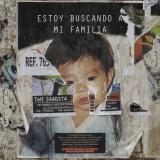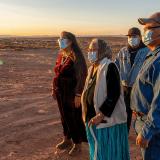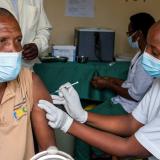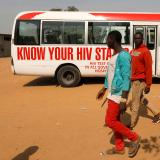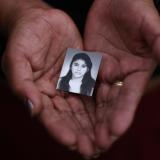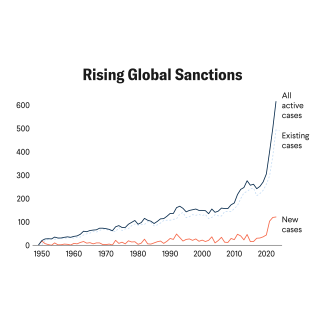Think Global Health strove in 2023 to bring you the stories behind the stories of the global struggle for better health—from narratives on Africa’s crisis of trust in global health initiatives after COVID-19 to zombie viruses in the permafrost in the Arctic, to explorations on the struggle for health care for India’s gig workers, food labeling in Mexico, and health outcomes in the United States’ leftover places.
In doing so, Think Global Health published 193 articles from more than 140 authors this year.
No one can predict what will happen with health on the international stage next year, especially as more than three dozen countries host elections, conflicts in Israel and Ukraine continue to threaten humanitarian aid, and climate-fueled disasters plague the world.
This year’s tranche of Think Global Health stories offers insight on how to face whatever may come in 2024.
Our favorite twenty-three stories from 2023
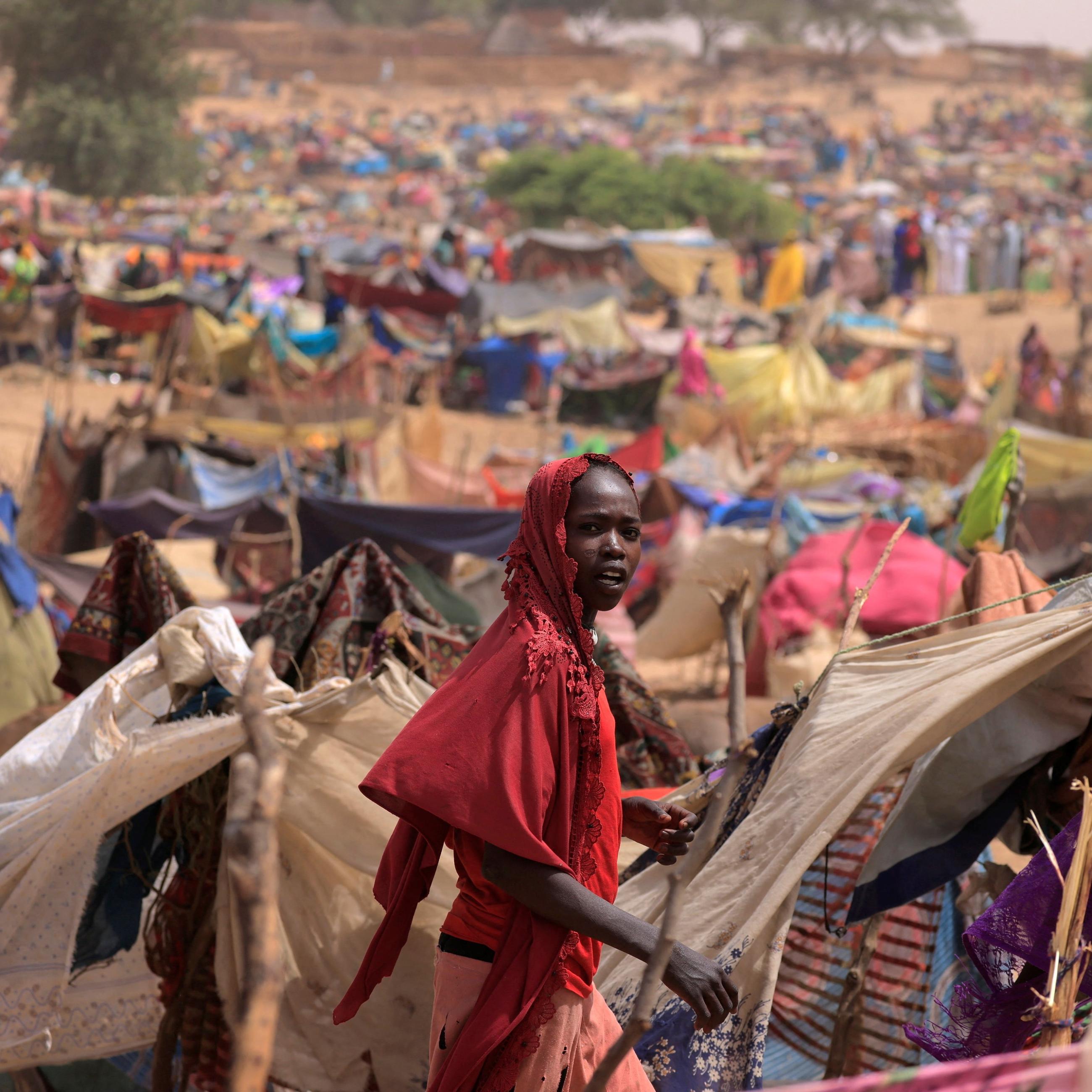







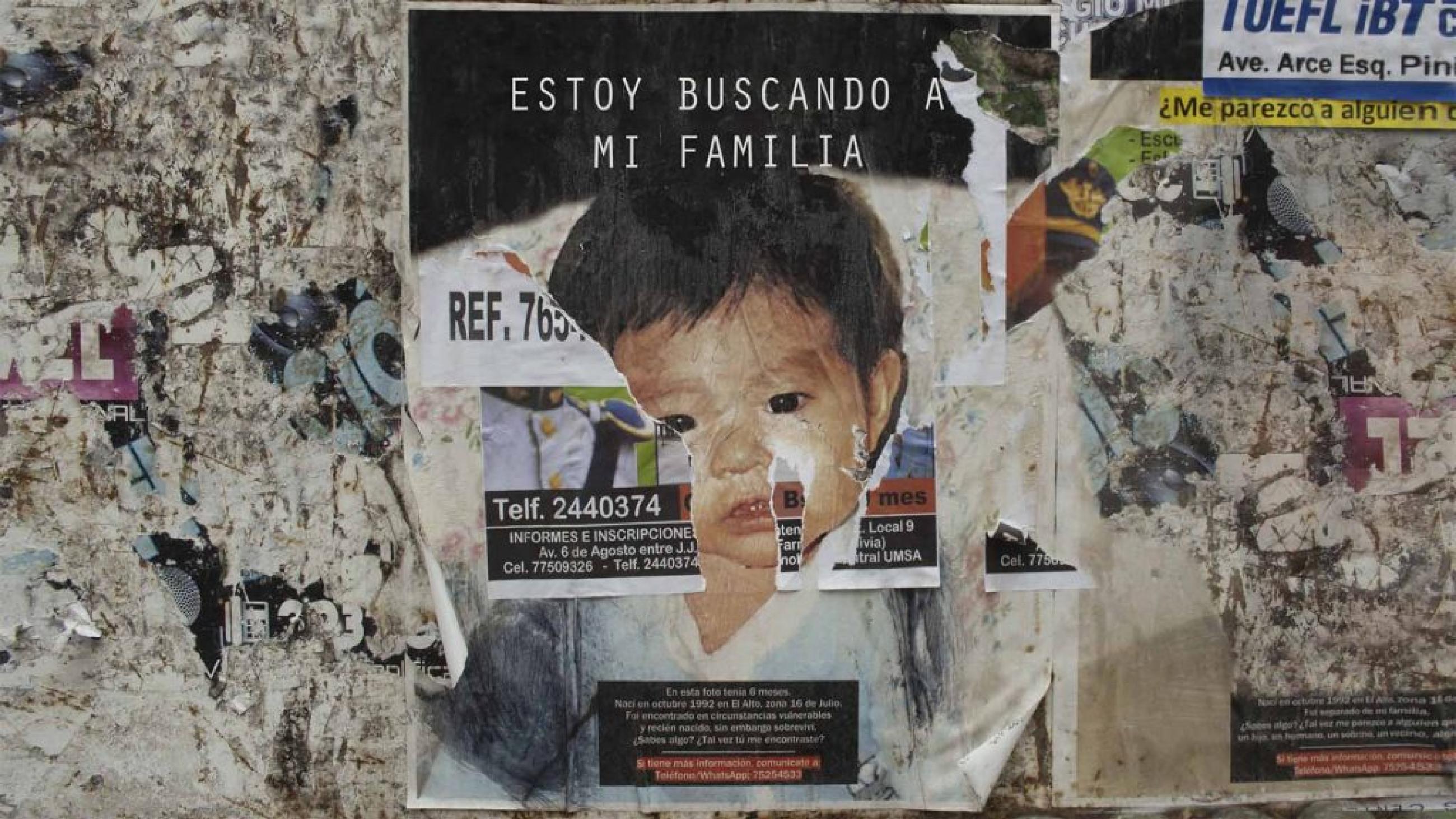
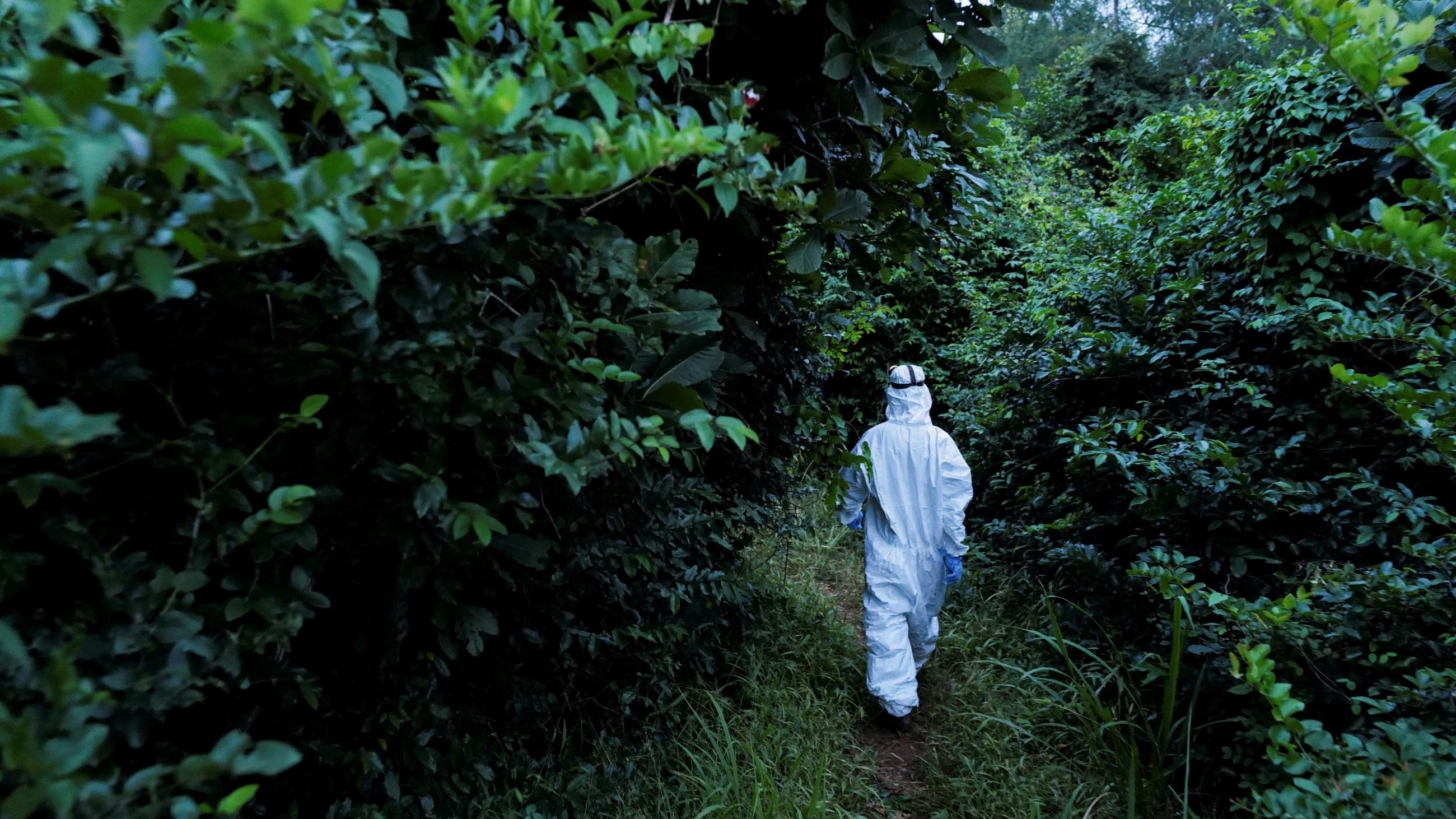



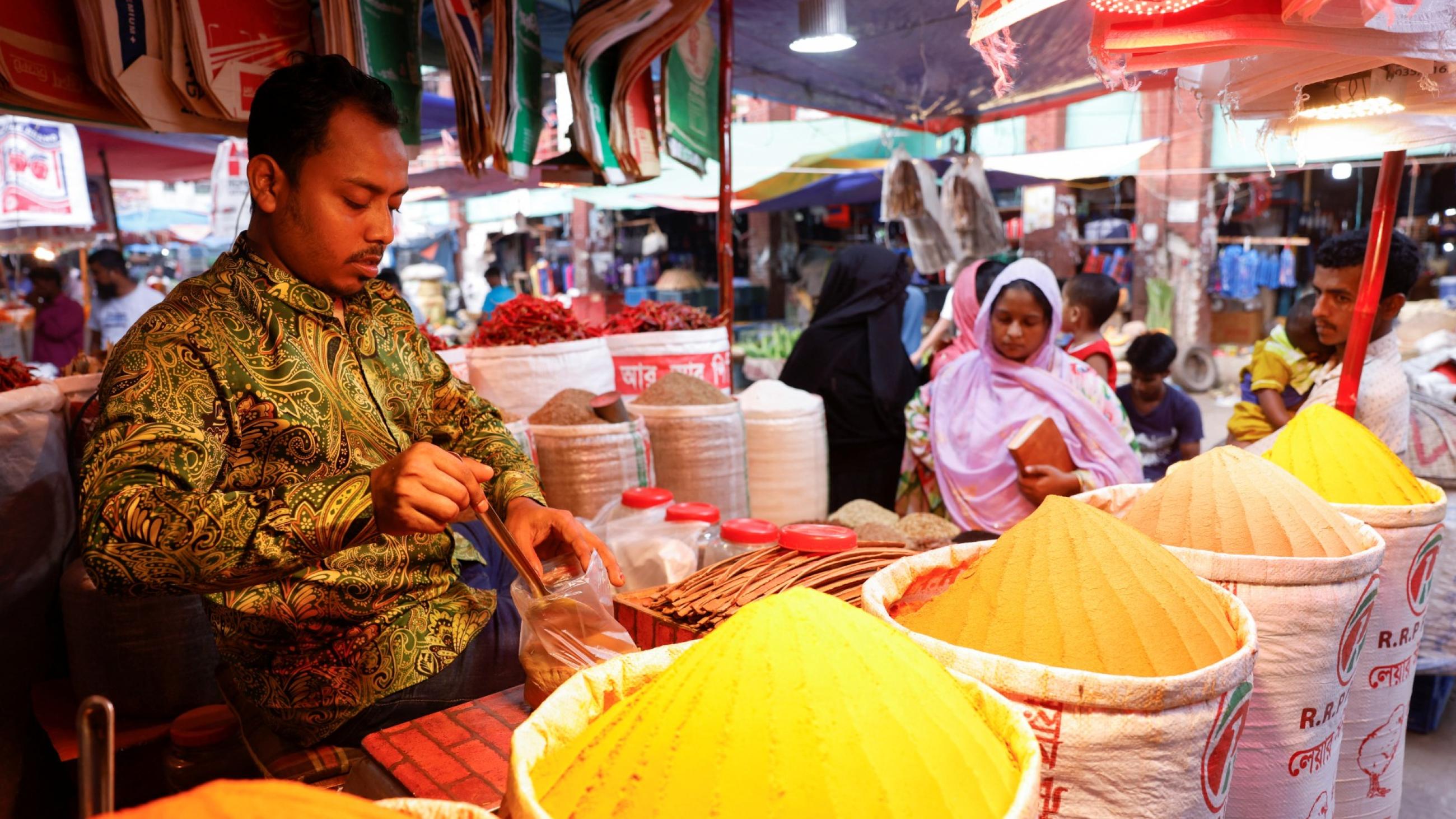
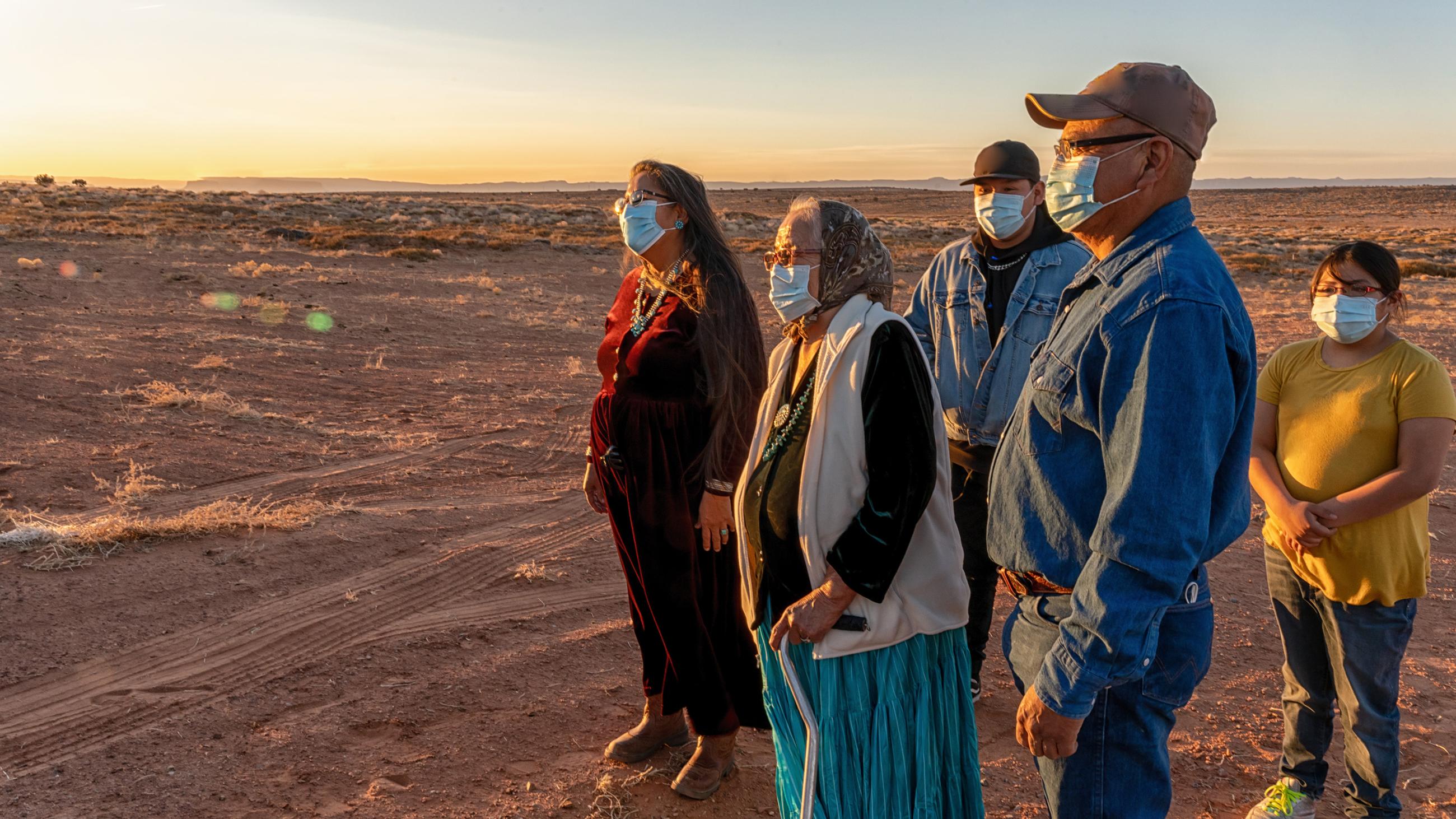
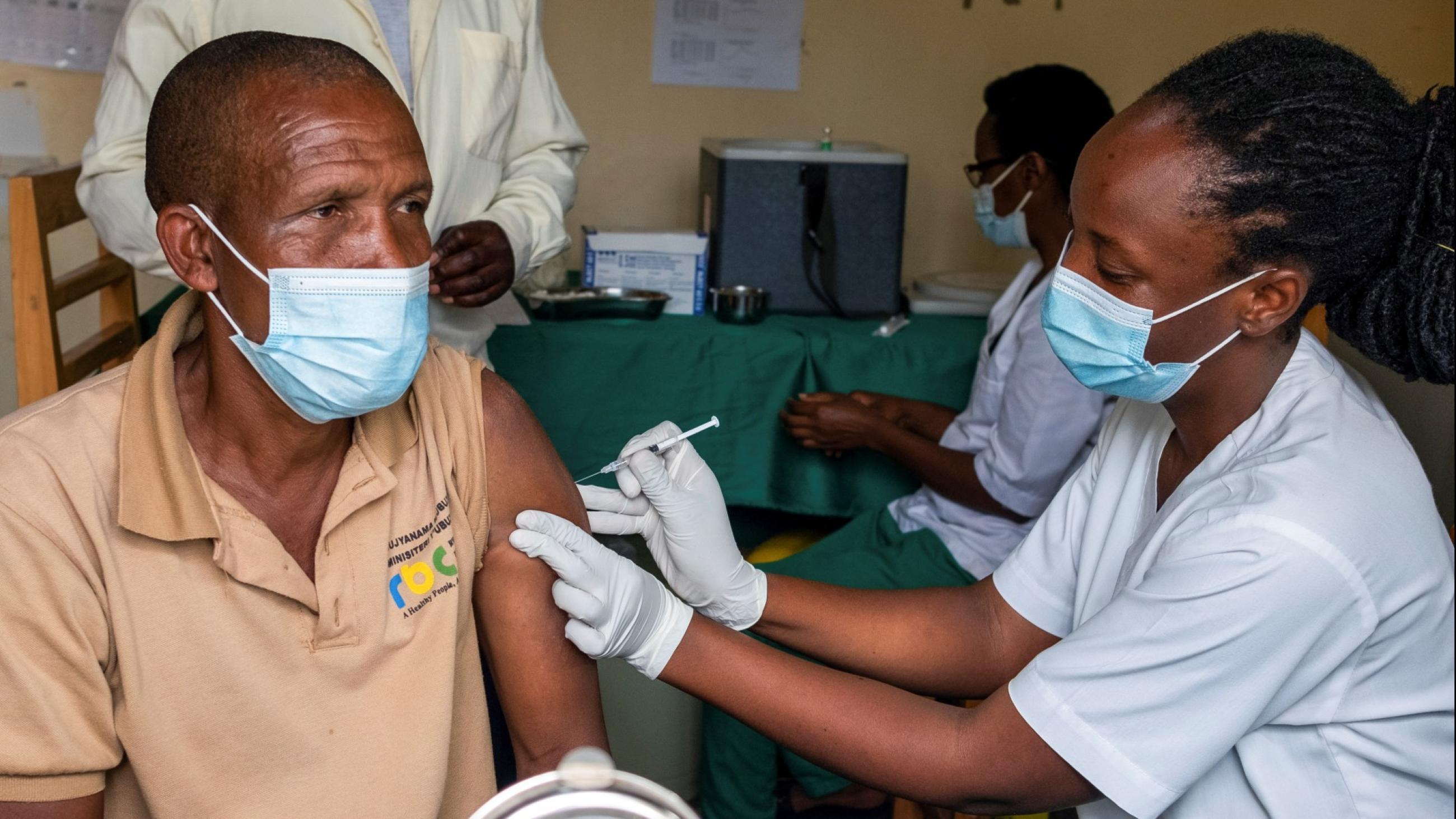
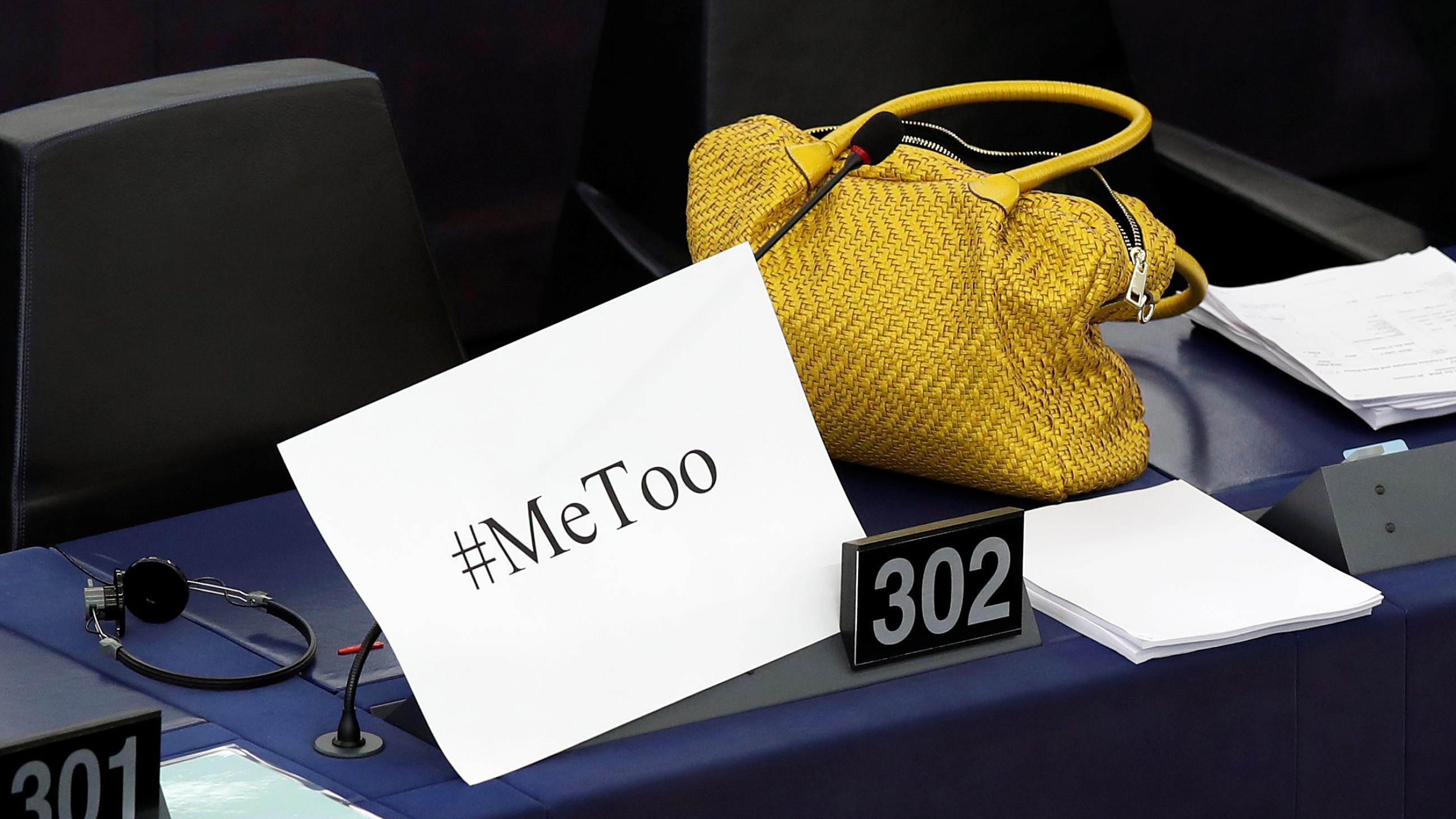
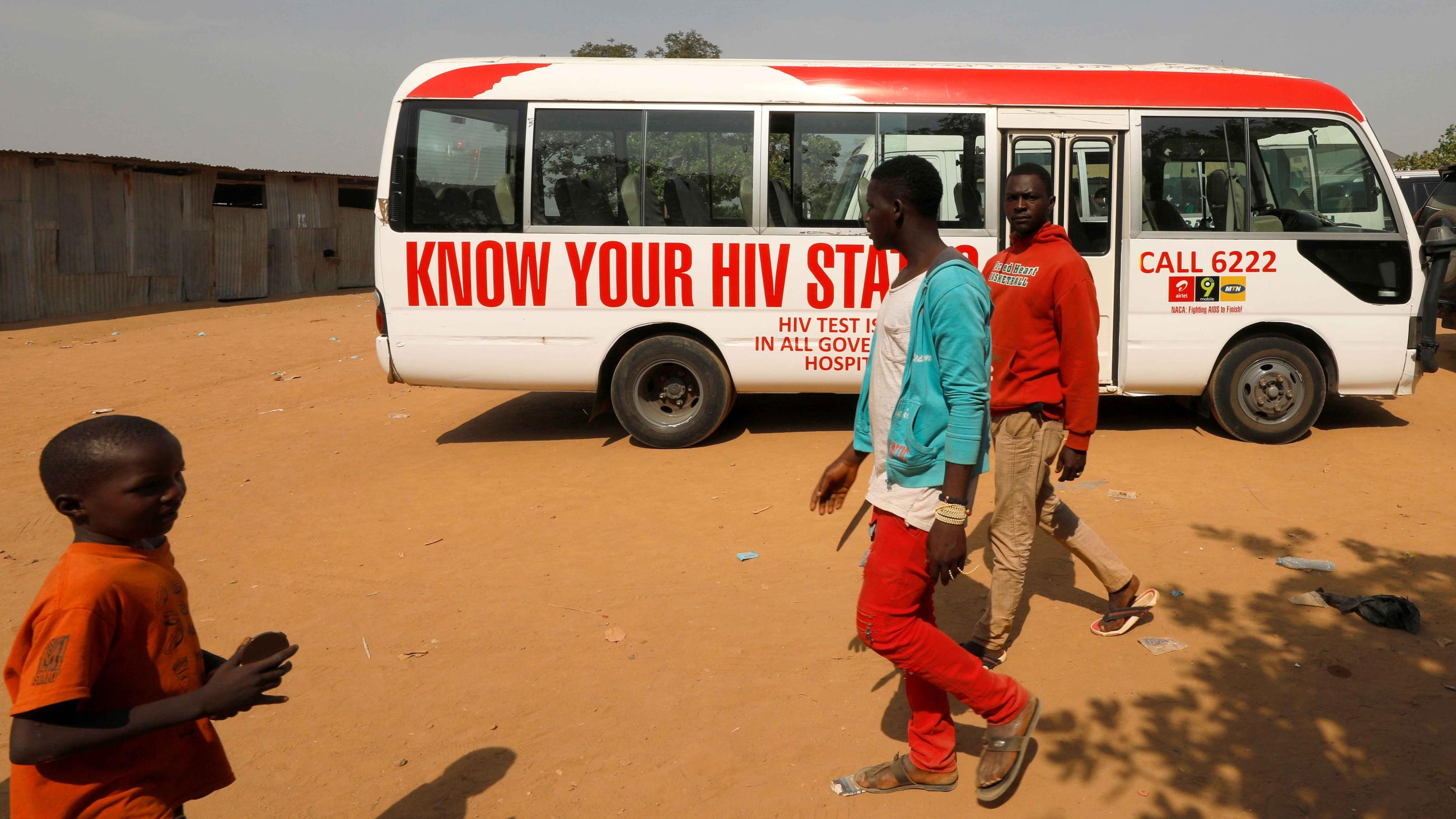

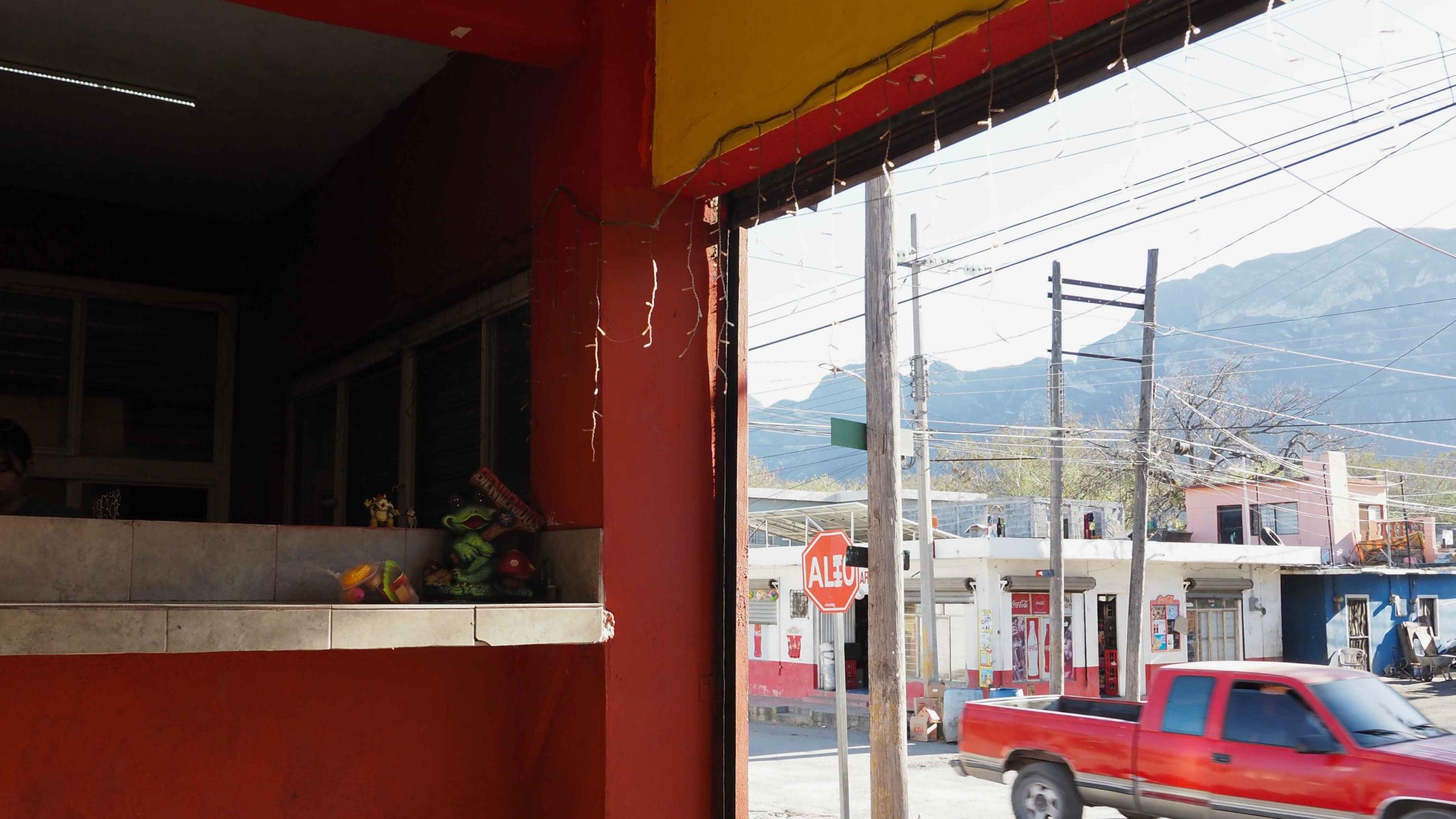
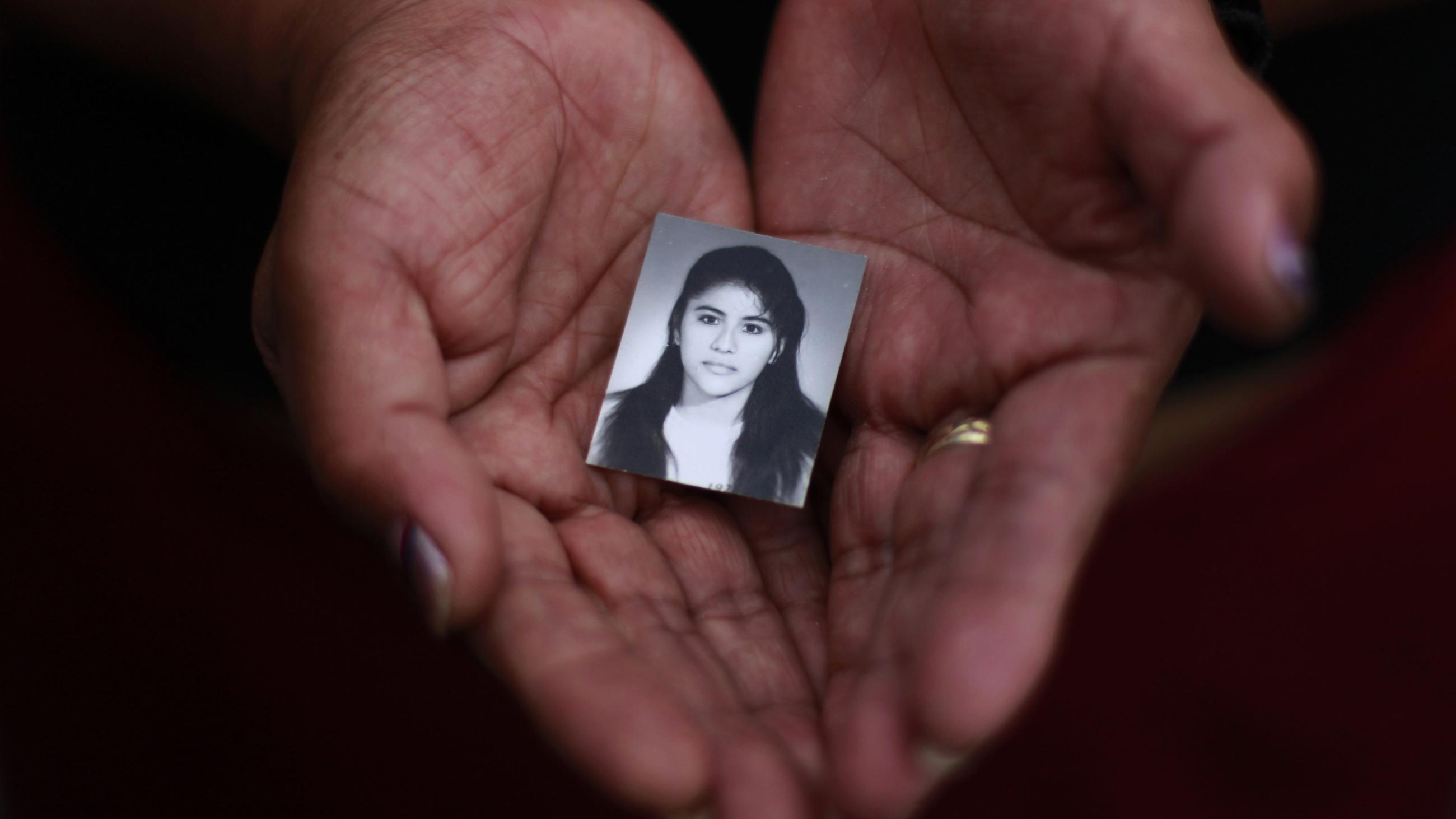

Africa’s Crisis of Trust
Michele Gavin examines Africa’s crisis of trust in global health initiatives after COVID-19. She quotes one African leader noting that the global COVID-19 vaccine rollout demonstrated with “unforgettable clarity” the little regard that Western nations have for African lives. Some fear that eroding support for the President's Emergency Plan For AIDS Relief threatens U.S. leadership on global health, but Gavin writes that many African governments already have doubts.
Examining the Diversity of the Rural United States
The rural United States is sometimes defined as the leftover places, the spaces on the map that exist between U.S. metropolitan areas. Parkes Kendrick of the University of Washington’s Institute for Health Metrics and Evaluation presents a fascinating examination of the staggering variation in health outcomes in those leftover places, especially among American Indian or Alaska Native populations. In particular, she digs deep into the example of Jefferson County, Oregon.
Zombie Viruses From the Arctic
Virologist Jean-Michel Claverie examines how ancient microbes stored in the frozen earth—the permafrost of the Siberian Arctic—for nearly a million years could be released by accelerated thawing, and what that means for international public health.
India’s Gig Workers
“Rizwan’s violent death has focused the spotlight back on the precarious working conditions of platform workers, who comprise a significant portion of [India’s] gig workforce.”
Did Florida Get It Right Against COVID-19?
“Florida should not be used as evidence that masks, stay-at-home orders, and vaccines did not matter in this pandemic when the reality is that Floridians continued to adopt them even after Governor DeSantis turned away from them.”
American Conservatism and Global Health
The Heritage Foundation’s version, the Mandate for Leadership 2025: The Conservative Promise, has received attention because it sparked an abortion-related controversy over reauthorizing the President’s Emergency Plan for AIDS Relief. David P. Fidler digs deeper into the nearly nine hundred pages of The Conservative Promise, as a window into the evolving American conservative foreign policy vision for global health. The exercise yields important and sometimes surprising insights
The Demise of the National Health Service
David McCoy on the struggles of the United Kingdom’s National Health Service (NHS). He writes how the once-celebrated NHS is now threatening to exacerbate social inequality rather than mitigate it.
When Someone Great Is Gone
“Sometimes I wish I could forget it—but that would dishonor Lorna’s extraordinary life and work, which should serve as a reminder to protect our frontline health-care workers by making our health systems safer. Because if it could happen to Lorna, it could happen to me, and it could happen to you. “
Guatemala’s Forgotten Voices
“The real perpetrators were those in power . . . . They took advantage of the vulnerability of young mothers who were extremely poor and encouraged them to abandon or sell their children to give them up for adoption.”
Pandemic Fund to Africa: Step to the Back of the Line
In spite of—or perhaps because of—U.S. government boosterism, the Pandemic Fund has been the target of sustained critiques.
The Philippines’ Blind Spot for Alcohol
San Miguel, one of the largest alcohol companies in the Philippines, promotes its products with a tagline that references a "shared history" with the Filipino people. But given how dearly it costs the government and the community, it is also a shared suffering.
Gun Violence Arrives on Serbia’s Doorstep
It was a record year for mass shootings in the United States, but they are not a problem in America alone. Masha Raznatovic writes about a mass shooting at an elementary school in Serbia—at the school she attended as a child.
Poultry Vaccine Hesitancy
“If poultry vaccines have been shown to work, why aren’t more countries using them?”
Global Lead Poisoning Is the Biggest Threat You’ve Never Heard About
Bangladesh’s government was aware of lead’s dangers and had already phased out leaded gasoline, once a leading source of exposure, in 1999. Yet study after study showed that children still commonly had elevated blood lead levels, even in rural regions far afield from any industrial contamination.
Navigating Health Disparities in Navajo Nation
“One of the most beautiful things about Dine/Navajo culture is the emphasis on the multi-generational home and multi-generational families. Unfortunately, when people live together in small areas, that is the perfect way to spread COVID.”
Rwanda’s Health-Care Success Holds Lessons for Others
What did Rwanda change between the genocide and the pandemic to improve its health-care accessibility, and what lessons can other low-income countries adopt to strengthen their own health-care systems? Three developments stand out: low-cost community-based health insurance plans, national investments in rural health posts, and ramped-up foreign collaborations.
Health Practitioners Say #MeToo
“Ann Keeling, a senior fellow at the advocacy organization Women in Global Health, can hardly think of a single nurse, young doctor, or community health worker she has met in her forty-year career in global health ‘who didn’t have a story of sexual harassment.’”
PEPFAR, Politics, and PSI: An Implementer’s Perspective
Karl Hofmann of PSI writes that U.S. laws and regulations concerning U.S. foreign assistance “do not constrain American nongovernmental organizations such as PSI from doing what is legal with other people’s money.”
Outer Space and Global Health
“In slipping “the surly bonds of earth,” terrestrial politics endanger what the new era of space activities means for global health.”
Build an Oxygen Ecosystem
Amy Maxmen writes that medical oxygen, like clean water, is vital and conceptually simple, but it requires a sustainable system and not just empty donations to provide it to those in need.
A Look at Food Warning Labels in Mexico
“The industry is the one that is aggressively marketing what we call predatory marketing, where they will go into poor neighborhoods, and there is disproportionate harm.”
“From the health disparity perspective, these [labeling] policies are geared toward not just helping public health, but they're geared toward helping those that are the most harmed.”
Chen Chen writes on food labelling in Mexico.
When Love Becomes Violence
Despite a slight drop in 2022, Honduras continues to be the country with the highest rate of femicides in the world.
The Cost of Inaction
“The coming wave of people suffering from Alzheimer’s will not simply bankrupt millions of individuals and families. It will also imperil government health-care budgets around the world.”









